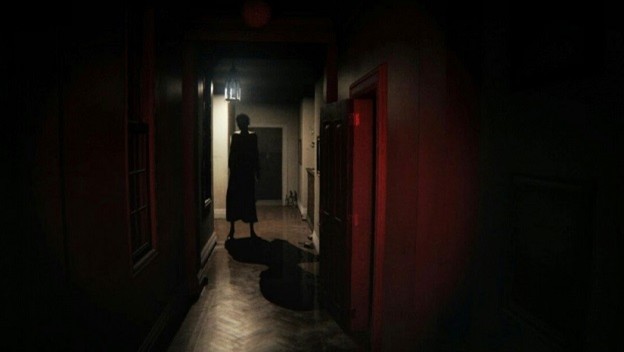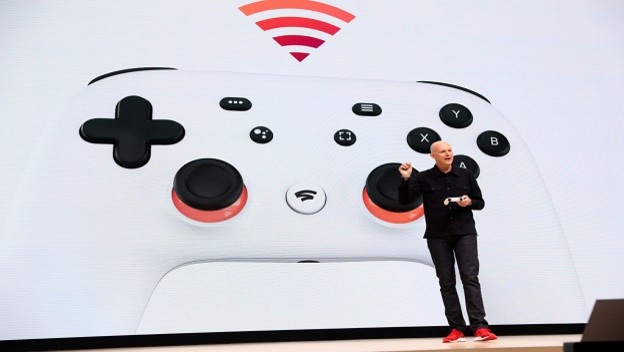It’s not altogether uncommon for people to discuss the future of gaming and whether or not there will be a massive loss of access to current generation games. As modes of monetization and methods of gaming change, the preservation of our games does, indeed, appear bleak. We’ve already had to contend with a large purging of roms which, in a lot of ways, are some of the only ways to access old games for many people. This is not the only concern.
For starters, multiplayer gaming is extraordinarily popular and has been for a while now. The trouble with this is that these games aren’t and won’t be supported forever. This means, at the very least, a portion of these games will disappear. What’s worse is that more and more often, we are seeing games that forego the inclusion of single player content in favor of online modes. Ten years from now, what will be left of Call of Duty: Black Ops 4 ? Even if you own the disc, you might not actually have any content worth playing.
Streaming is the other avenue that causes some concern for gamers. Services like PlayStation Now are great, because they give gamers the ability to play games for a subscription fee and can often be a great way to save money. Thankfully, these aren’t the only ways to access these games. What if that becomes the norm?
Google recently announced its own streaming service called Stadia. It appears innovative, and the company is likely to have exclusive titles to the platform. The trouble is that gamers will never actually own these games, so Google is free to do with them what it likes; that’s a lot of trust to put in the hands of a profit-minded company. Beyond that, streaming can help grant access to people who can’t otherwise afford a console, but it is at the expense of people who do not have access to really fast internet connections.
There’s no way of telling how popular this technology will be, but it appears that companies are pushing for this to be some kind of standard. It certainly saves them money in terms of distribution. It also combats the second hand market. Excuse my paranoia, but it seems like anti-consumer behavior might actually be profitable if they couch it all in the right language.

Another issue we face is with indie games which often never receive physical releases. Many times, publishers don’t have the means to distribute physical copies because they are, by their very nature, small. This means that some of the greatest games of our generation are held captive on online storefronts.
It isn’t only indie titles, though. There are many gamers out there who are precious about their copy of P.T. . This was an excellent demo of a horror game being designed by Hideo Kojima. It is no longer available on the PlayStation Store, and the only way to play it is if you already downloaded it.
I don’t want to sound alarmist. There are preservation efforts out there, but there is no way that they can be grand enough. We must make our stance on this clear to developers because the onus is on them to preserve their games. They should, at the very least, be carefully archived. There have been cases in the past where assets have been lost. This was the case with some textures in Final Fantasy IX . That game wasn’t even online. It’s natural to fear for the ones that are. So tweet to developers, keep the conversation going, and call your senator. That last one won’t do anything, but it might be a fun way to pass time while certain titles slip into the void.
